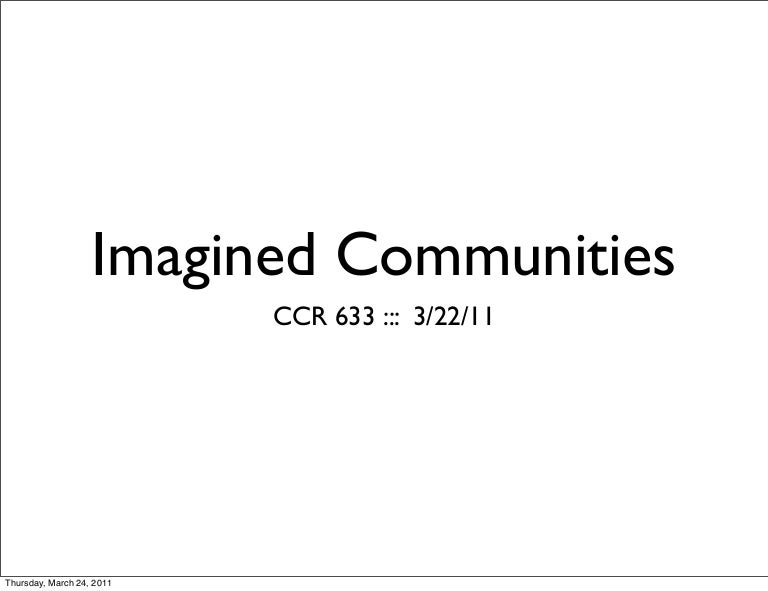

These sprout from policies to modernize traditional irrigation systems, supposedly to ‘save water’, but critical voices assume that it is all about passing on the ‘surplus’ to Málaga city, or using that water to expand agribusiness. Our results also show that this unified, successful fight against the ‘common enemy’, the mega-hydraulic construction, has become more complex, as threats crop up not only from the ‘city over there’ but also from ‘internal’ hydro-territorial transformations.

Interviewing actors at different scales we examined how this anti-dam movement organized massively in a creative, multi-actor, and multi-scale network. In this article, we examine how Río Grande valley residents mobilized to maintain control over the development and use of their resources, livelihoods, and knowledge systems, when modernist-urbanist policies planned to take their water from a major dam on the Río Grande. Residents of the neighboring sub-basin, the Río Grande valley, have seen how these policies, designed to transfer rural water to modern urban centers, have turned the Guadalhorce hydrosocial territory into a ‘hydraulic dystopia’.

Just as in other parts of Spain, the Guadalhorce Valley, Málaga, has a long history of policies based on ‘hydraulic utopianism’ (regenerationist and Franco-ist), bent on ‘reorganizing’ political, geographic, and human nature.

See, for example, the enclosure of the commons in Senegal valley by the completion of Manantali dam in 1987 the powerful bureaucracies building large dams in the Soviet Union the British colonialist Empire in the early 20th century damming the Ganges and Nile rivers to control exportations of cotton, sugar cane and opium or the right to expropriate lands that Tennessee Valley Authority created in 1933 for dam building in US, among others. What history tells us about modernity is that its policies and politics of invisibility erase diversity and 'inconvenient' social and natural communities see also. Spain's history over the last century shows how progressive 'regenerationist' imaginaries regarding political-hydraulic modernization has driven social-ecological transformation, in which imposing reason led the way to irrational acts, violent practices, and mechanisms of exclusion that denied other forms of knowledge and alternative cultural practices.


 0 kommentar(er)
0 kommentar(er)
